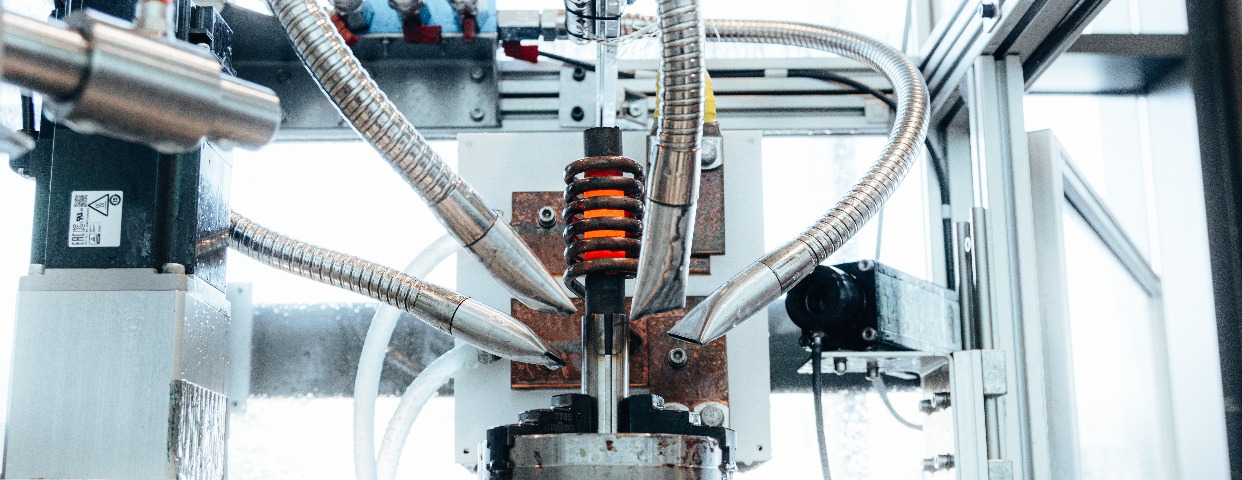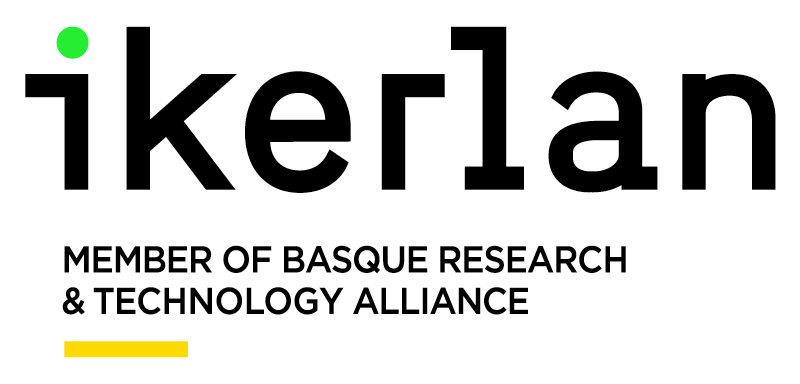


 Posición: Doctorando
Posición: Doctorando Departamento: Mecánica
Departamento: Mecánica Ubicación: Arrasate (España)
Ubicación: Arrasate (España) Jornada laboral: Jornada completa
Jornada laboral: Jornada completa Sector: Internet y tecnología
Sector: Internet y tecnología Vacantes: 1
Vacantes: 1 Disciplina: I+D
Disciplina: I+D Modalidad de trabajo: Híbrida
Modalidad de trabajo: HíbridaIkerlan formamos parte de la corporación Mondragon, la cooperativa más grande del mundo. Somos un centro tecnológico líder en la transferencia de conocimiento y en la aportación de valor competitivo a las empresas. Buscamos la excelencia en la I+D+i, a través del aprendizaje diario y la adaptación a las necesidades de nuestros clientes y la cercanía a la realidad empresarial.
HORIZON FRAMEWORK PROGRAMME
Marie Skłodowska Curie European Training Network
IKERLAN, in Arrasate, Spain, will have an open PhD position in the frame of the European Training Network on Prognostics and heAlth management of nexT GeneRatiOn drivetraiNs (“PATRON”), funded by the European Commission through the HORIZON “Marie Skłodowska-Curie Innovative Training Networks” (ITN) program.
The objective of the PATRON project is to develop Prognostics and Health Management methodologies for the new generation of drivetrains, answering to the hot European industrial needs, by developing ground-breaking monitoring approaches, bridging Signal Processing, Physical Modelling, Artificial Intelligence and Tribology. This objective will be achieved by having 10 early-stage researchers (ESR).
The ESR will become part of the Mechanical reliability team of IKERLAN and it will be enrolled as a PhD student in the MU-MGEP doctorate school.
PhD Project Description
The early-stage researcher (ESR) will develop advanced methodologies for RUL (remaining useful life) estimation of 4.0 drivetrains based on reliability evaluations. The doctoral candidate (DC) will focus on the analysis of a specific failure behaviour of rotating machinery assets during operation under uncertain conditions, targeting to the estimation of the RUL.
The evaluation will consider the uncertainties coming from different sources like material properties, manufacturing effects and/or operation conditions. The results will be validated with experimental results from scaled tests under controlled conditions.
Timeline and Remuneration
The incorporation of the doctoral student will be immediate. The Marie Curie grant foresees funding for a duration of 3 years. Furthermore, in order to stimulate intersectoral and international mobility, the ESR will have short research visits (so-called “secondments”) to at least two Beneficiary/Partner Organizations (with the secondments not exceeding 30% of the duration of the doctoral training).
The remuneration is generous and will be in line with the EC rules for Marie Curie grant holders. It consists of a salary augmented by a mobility allowance and/or family status, resulting in a gross annual salary of about 33.698-38.1782€ (14 payments).
Candidate Profile
Applicants must have a MSc degree or equivalent in Industrial Engineering or related field which will qualify for starting a PhD program in the University of MU-MGEP.
In addition, they must have:
Marie Curie eligibility Criteria
To be eligible, you need to be an "early stage researcher" i.e. simultaneously fulfill the following criteria at the time of recruitment: